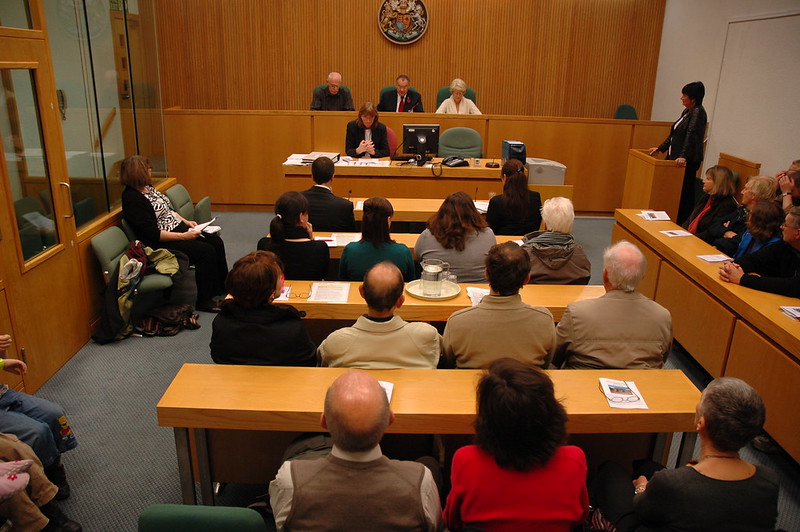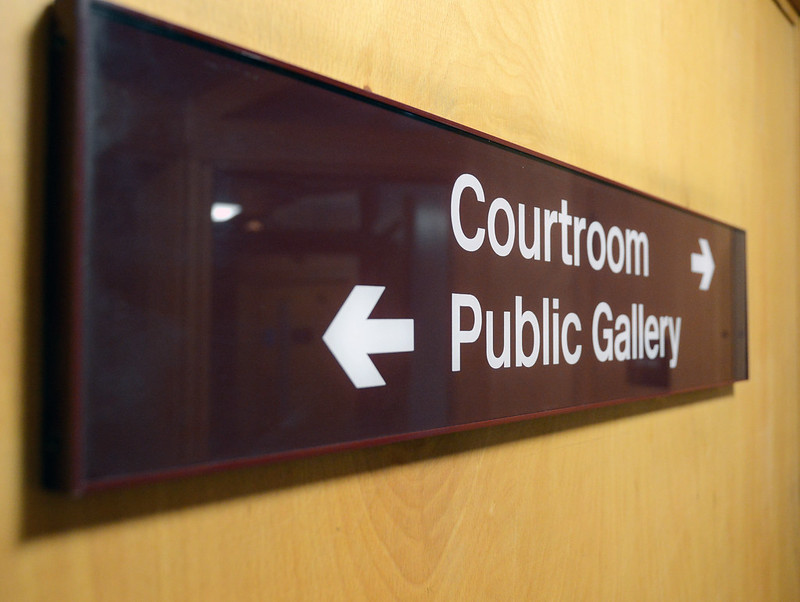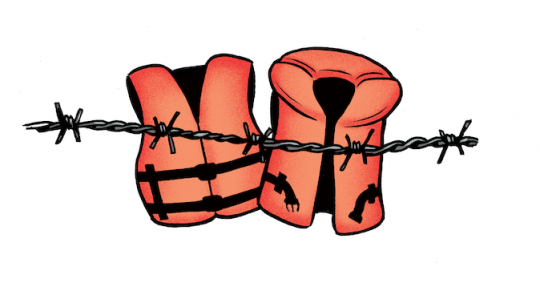The House of Commons Justice Committee has launched an inquiry into the public’s opinion and understanding of sentencing. The Justice Committee will examine their understanding of the current approach to sentencing in England and Wales. It has made us ask the question: what does sentencing mean for our rights?
When a crime is committed and the police arrest someone, with the charge and the decision to take them to court residing with the Crown Prosecution Service (CPS).
Sentencing is the process in which a consequence for an action is decided and it can range from time in prison to doing unpaid work in the community, obeying a curfew, paying a fine or a combination of all of these. A sentence is given at the end of a case when the prosecution and defence have made their cases, and when the jury has reached a verdict, in cases where they are present.
A verdict does not determine the details of a sentence but rather indicates whether a group of peers has found the individual(s) guilty or not guilty of a crime.
The judge (if in a crown court) or the magistrates (in a magistrates’ court) assesses the facts of a case and based on that, decides on what the sentence should be using the sentencing guidelines.
A sentence is assessed based on a combination of factors, including if there was harm done to a victim(s) and how much responsibility a person has taken for the crime.
The Sentencing Code states that the courts have to follow the sentencing guidelines relevant to a crime, unless it is ‘contrary to the interests of justice to do so’. This is also set out in the Sentencing Act 2020.
Judges and magistrates have to follow sentencing guidelines during sentencing to ensure that a ‘consistent approach’ is taken across England and Wales.
As well as the consistency of decisions made by the judge or magistrates, each decision should be proportionate to the seriousness of an offence and it is up to the judge or magistrates to decide how much weight to give to the details of a case they are sentencing.
The five purposes of the process, according to the Sentencing Council, are: to punish the offender, to reduce crime, to reform and rehabilitate offenders, to protect the public and to make the offender give something back.
Our human rights
However, sentencing does bring up questions about our human rights, including the right to liberty, the right to a private and family life and the right to a fair trial. These human rights are protected under the Human Rights Act (1998) and can be invoked with limited exceptions, one being that the person has not committed a crime.
On 6 September 2022 a Private Members’ Bill calling for fairer appeal processes was read in the House of Commons. The Criminal Appeal (Amendment) Bill or ‘Joint Enterprise’ Bill calls for a fairer appeals process for those who remain detained on remand and convicted by joint enterprise, and will now progress to a second reading in 2023. The landmark Bill will help those detained by joint enterprise to invoke their right to a fair trial, which is enshrined in the HRA.
‘Joint enterprise’ is a common law doctrine according to which an individual can be jointly convicted of the crime of another. It is a feature of law that has been misinterpreted for over 30 years and is one of the reasons why sentencing has come under scrutiny in recent years, as people and their families work to appeal their cases. However in order to appeal verdicts, rather than the sentence, a fairer appeals process is needed. The Bill is backed by the campaign organisation JENGbA (Joint Enterprise Not Guilty by Association), many of whom are families and friends of people who are in prison and working to challenge their verdicts.
The inquiry
According to the government the inquiry aims to investigate how the public access information on sentencing and barriers to improving public awareness on how it works. The Justice Committee will also consider public opinion on sentencing, including “the extent to which public opinion should inform sentencing policy and practice”.





